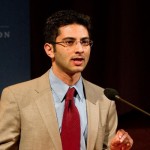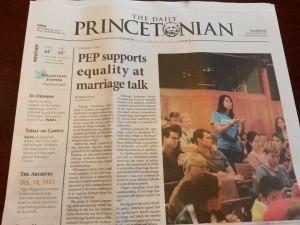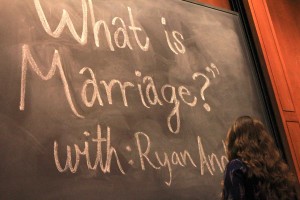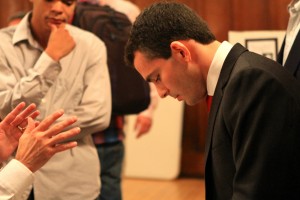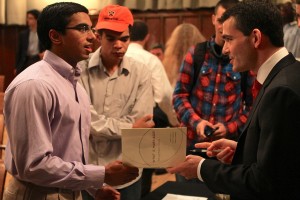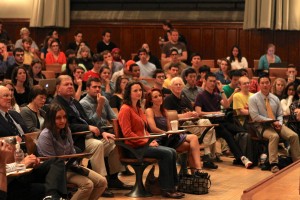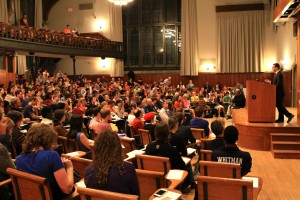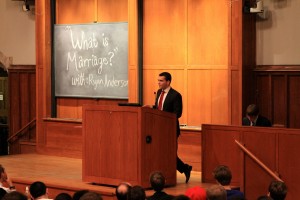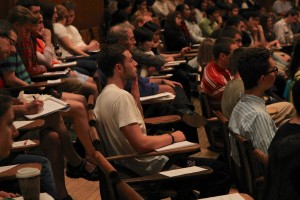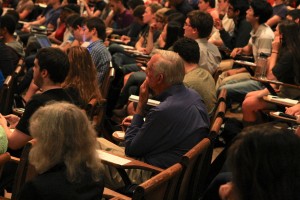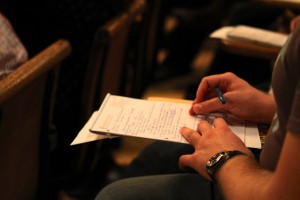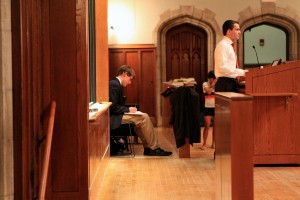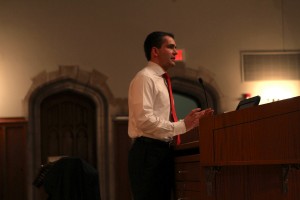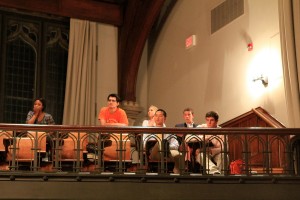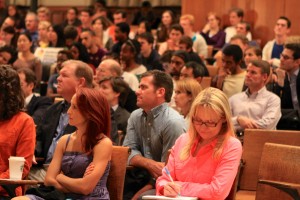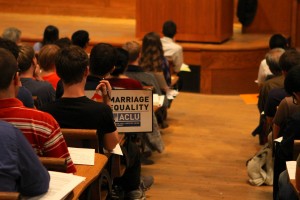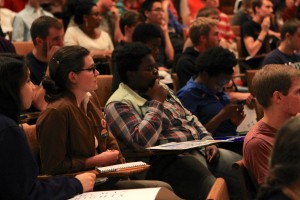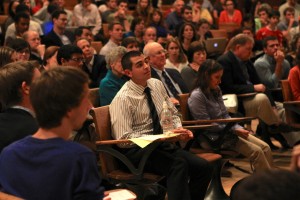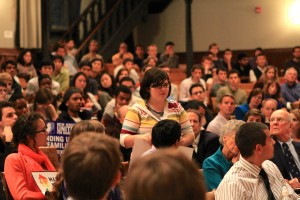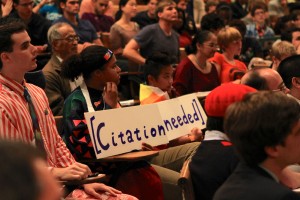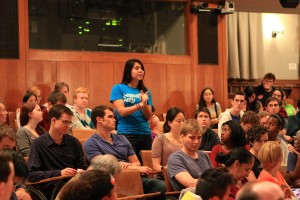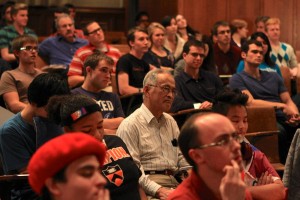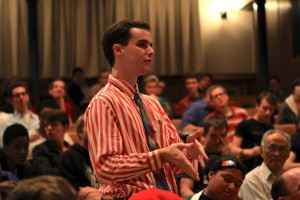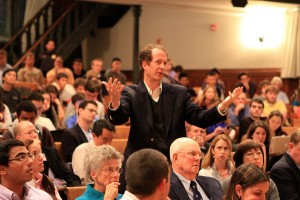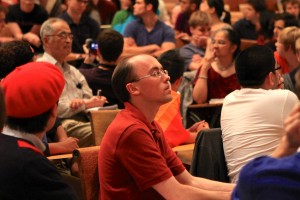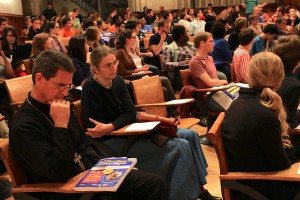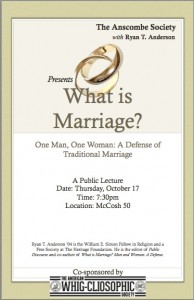Princeton Professor Robert P. George writes in the Wall Street Journal on the definition of marriage and the influence of the Court:
Following California’s Proposition 8, which restored the historic definition of marriage in that state as the union of husband and wife, a federal lawsuit has been filed to invalidate traditional marriage laws.
It would be disastrous for the justices to do so. They would repeat the error in Roe v. Wade: namely, trying to remove a morally charged policy issue from the forums of democratic deliberation and resolve it according to their personal lights.
George writes that if marriage is redefined, then
…there is no reason that primarily emotional unions like friendships should be permanent, exclusive, limited to two, or legally regulated at all. Thus, there will remain no principled basis for upholding marital norms like monogamy.
But even beyond the societal impact of a redefinition of marriage, the very nature of our democratic system is at stake. By allowing the courts to decide the issue rather than the legislatures, the issue would be removed from the democratic process and would be decided instead by the personal policy preferences of a few.
Writes George,
Because marriage has already been deeply wounded, some say that redefining it will do no additional harm. I disagree. We should strengthen, not redefine, marriage. But whatever one’s view, surely it is the people, not the courts, who should debate and decide. For reasons of both principle and prudence, the issue should be settled by democratic means, not by what Justice Byron White, in his dissent in Roe, called an “act of raw judicial power.”
Read at the Wall Street Journal’s website here, or find it after the jump.
Continue reading “Gay Marriage, Democracy, and the Courts”


